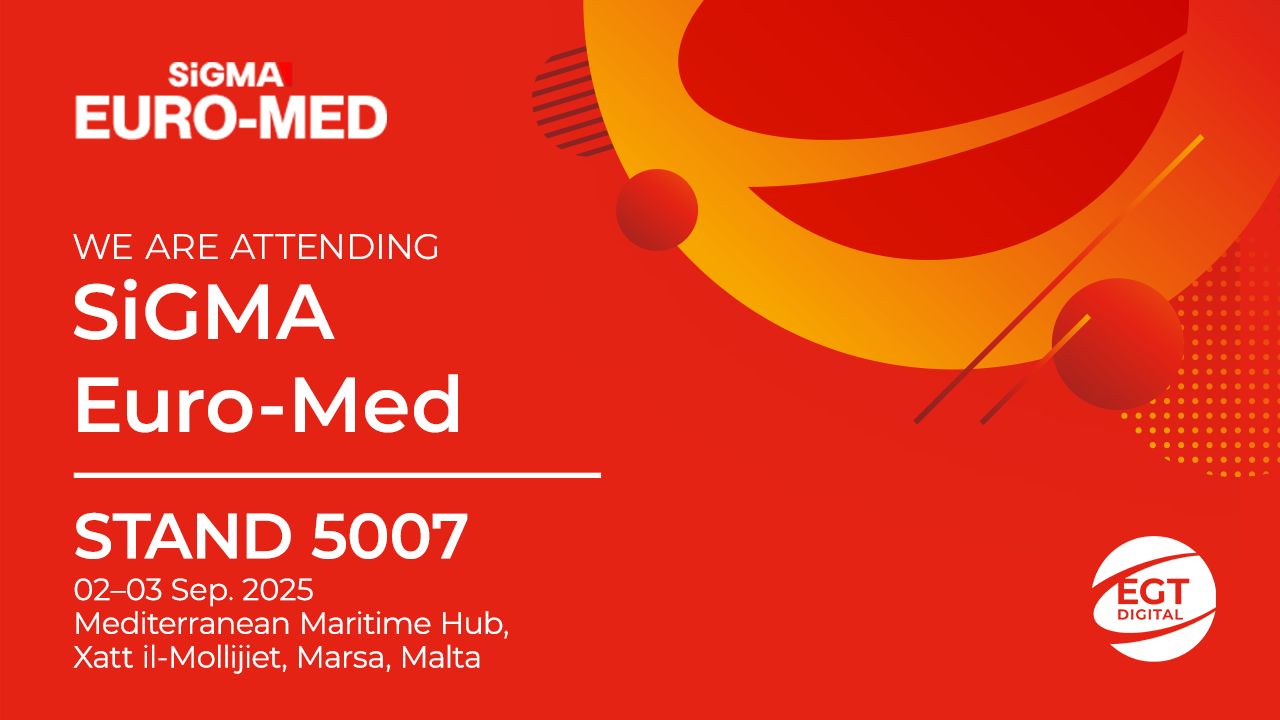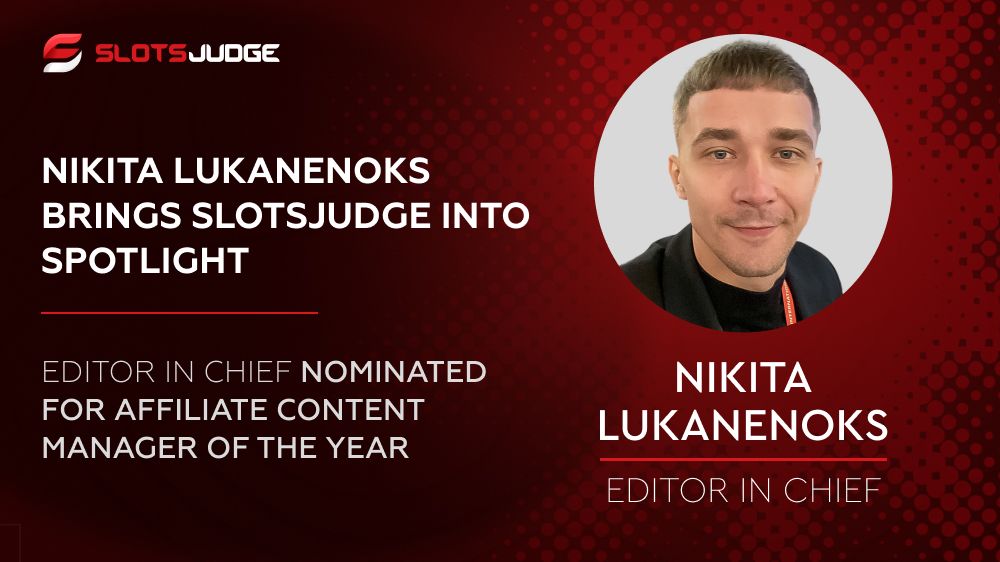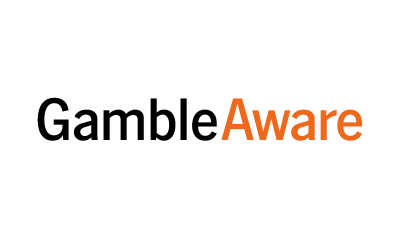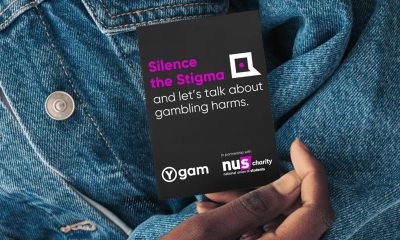Latest News
GambleAware Report Offers Guidance to Avoid “Stigmatising Language”

GambleAware has published a scoping study which shows that a significant amount of published research on gambling harms uses stigmatising language and makes a number of recommendations for future best practice.
The report authors – Dr Anne Stangl, Triantafyllos Pliakas and Mariana Siapka, who have published widely on the subject of stigmatisation – analysed evidence on stigma, discrimination and gambling from 54 individual studies and nine review papers across 19 countries.
The paper provides key recommendations for further research, service provision, policy, and media campaigns to help reduce stigma and discrimination experienced by people who gamble.
The recommendations for researchers and others working on gambling harms include using person-first language in studies and campaigns in order to underline that gambling disorder is a mental disorder, not a label or identity.
- For example, use “person with a gambling disorder” or “person who struggles with gambling” instead of “gambling addict” or “problem gambler”.
- Using person-first language also shows that a person with gambling disorder “has” a problem, rather than “is” the problem.
- Person-first language helps to reduce the risk of eliciting negative associations or attitudes, or the risk of the person in question feeling blamed.
- Stigmatising terms should not be used about people who experience gambling harms. For example, the term “addict” is stigmatising because it reduces a person down to their disorder.
The report found that many existing studies in gambling research report have fallen foul of these guidelines and used stigmatising language to describe people with gambling problems, indicating how some existing research may itself risk contributing to stigma around gambling.
The report also examined stigma in other contexts and found that the ways in which gambling stigma arises, and the damaging effects it can have on people, are similar to those for stigma around a wide range of health behaviours and conditions, such as mental health, drug and alcohol use, cancer, obesity and HIV. For people working in healthcare settings, the report makes a number of recommendations on how to avoid reinforcing stigma around gambling:
- Involving people with lived experience of gambling harms in training and research
- Raising healthcare professionals’ awareness of what gambling stigma is and how it is harmful to people who struggle with gambling, as well as their families
- Training healthcare professionals on how gambling stigma can be an obstacle to treatment, and the strategies they can use to help services uses cope with gambling-related stigma
The recommendations and evidence gaps identified by this report will be used as the basis for further new research that GambleAware plans to fund in order to explore people’s lived experiences of stigma, understand which communities are most impacted by it, and set out potential solutions in both policy and society to tackle stigma.
Zoë Osmond, CEO of GambleAware, said: “Over the coming months and years, a major part of our work will be focused on reducing stigma and the barriers people face when accessing the support they need.
“We welcome the study findings and will use the recommendations to strengthen our work, including our public health campaigns to raise awareness of gambling harms and encourage people to get help.”
-

 Africa5 days ago
Africa5 days agoQTech Games wins Best Innovation of the Year at the 2025 SBWA+ Eventus Awards
-

 Asia5 days ago
Asia5 days agoNODWIN Gaming and JioStar Unveil OnePlus Android BGMS Season 4
-

 Latest News5 days ago
Latest News5 days agoVindral appoints Henrik Fagerlund as Chairman of the Board
-

 Latest News5 days ago
Latest News5 days agoCalema to Perform at Legends Charity Game in Lisbon
-

 Conferences in Europe5 days ago
Conferences in Europe5 days agoEGT Digital and EGT to rock the show at SiGMA Euro-Med 2025
-

 Latest News4 days ago
Latest News4 days agoPush Gaming redefines its portfolio, unveiling new game categories and sub-brand for extended player reach
-

 Affiliate Industry5 days ago
Affiliate Industry5 days agoNikita Lukanenoks Brings Slotsjudge Into Spotlight With Affiliate Leaders Awards 2025 Nomination
-

 Latest News5 days ago
Latest News5 days agoThunderkick returns for an even fierier fiesta in Carnival Queen 2































